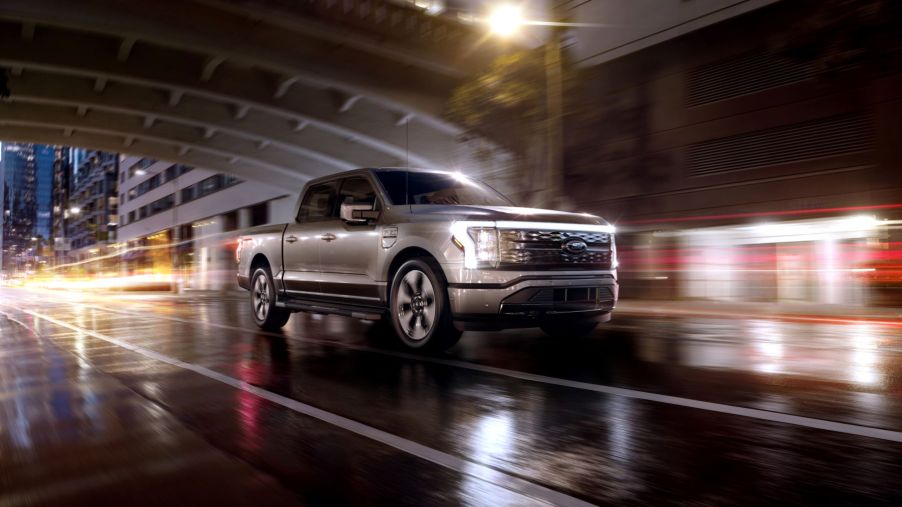
Canada Speaks Out Against New EV Tax Credits
The United States government wants to do everything it can to encourage citizens to switch to electric vehicles. Part of that effort is a proposal to increase the EV tax credits customers would receive when buying an EV that was built in America by union labor. However, Canada thinks the new tax credits could hurt their autoworkers.
Canada may challenge the United States on increased EV tax credits

According to a report from Reuters, officials from Canada expressed concern in a letter that the current proposal in the U.S. House of Representatives to increase EV tax credits could “harm” Canada’s automotive industry and possibly violate trade agreements.
Apart from the letter, a Canadian government source spoke with Reuters and was confident that a compromise could be reached. However, before a solution is found, the source said Ottawa might have to issue a challenge to the EV tax credits via the United States-Mexico-Canada (USMCA) trade agreement.
In the letter, Canadian Trade Minister Mary Ng addressed U.S. representatives and the Biden administration that if the increased tax credits were approved, they “would have a major adverse impact on the future of EV and automotive production in Canada.”
As written, Ng believes that the proposal would cause “severe economic harm” and job losses in the “tens of thousands” in Canada’s auto manufacturing sector.
Most notably, Ng said that the tax credits were “inconsistent” with U.S .obligations detailed in the USMCA and the World Trade Organization (WTO).
The Canadian source that spoke with Reuters said Ottawa does not want to launch a USMCA challenge but also said, “it is entirely conceivable that that’s a tool we would look at.”
The tax credits would give a significant advantage to the Detroit big three’s electric vehicles

The way that the current legislation is written for the new EV tax credits benefits the “big three” automakers (General Motors, Ford, and Stellantis) much more than any others. The legislation boosts credits up to $12,500 per electric vehicle. That figure includes $4,500 for union-made EVs produced in the United States and $500 for batteries made in the united states.
The big three automakers all produce their American-made cars in union facilities. Thus, they would benefit the most from the legislation.
In theory, customers at dealerships would gravitate toward the EVs that provide the largest tax incentives and shun the vehicles that don’t. Consumer demand would shift, and as a result, automakers would produce fewer vehicles that don’t qualify for the tax credits. With lower production, autoworkers would see reduced hours or layoffs.
Canada is not alone in opposing the new tax credits

The Canadian automotive industry is not the only party that is not in favor of the EV tax credits as they are currently structured in the legislation. Many foreign automakers such as Toyota, BMW, and Hyundai that have factories in the United States are opposed to the legislation. This is primarily due to those brands not using union labor in their American factories.
Tesla CEO Elon Musk has also spoken out against the legislation. Despite Tesla being an American automaker, it does not use union labor in its factories. Furthermore, several Tesla vehicles such as the Tesla Model S Plaid and the upcoming Roadster would not qualify due to their high price tags.
If the Biden administration wants these tax credits to make it through Congress, it appears that it will not happen without a fight and possibly some compromises.


